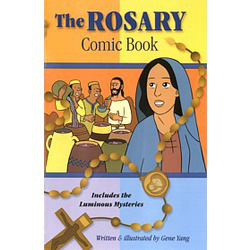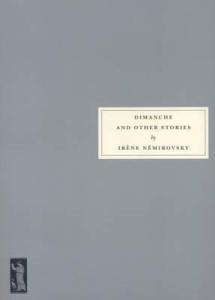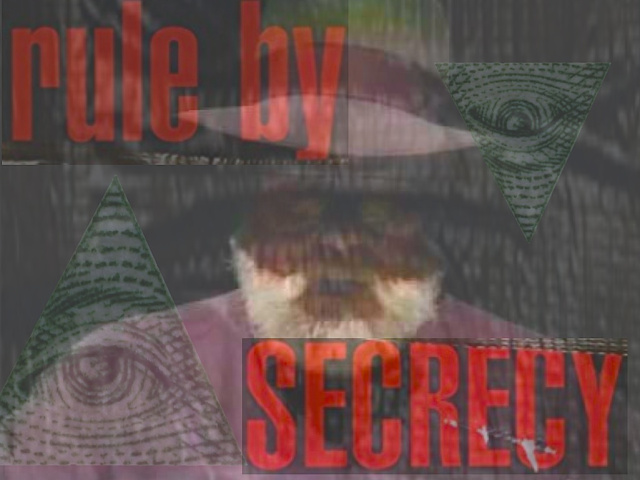Today we’re traveling to Georgian London.
My mother has this thing where she gets fed up with shows for being “too soap operaish”. She does it all the time and even the tiniest bit of polished drama will illicit this response. She likes gritty crime shows which are often fantastic, but sometimes people just need something a little lighter. A little fun. What she’s really saying is that she doesn’t like traditional “women’s shows”.
The promotional images of Harlots more often than not feature Jessica Brown Findlay, known to most as Lady Sybil Crawley in the first three seasons of Downton Abbey, with her legs propped up and her legs encased in bright pink stockings tied with adorable pink silk ribbons above the knee. Her dress is a similar shade of shocking pink. Of course, it bears saying that Brown Findlay’s Charlotte Wells never wears these elaborately hued stockings.
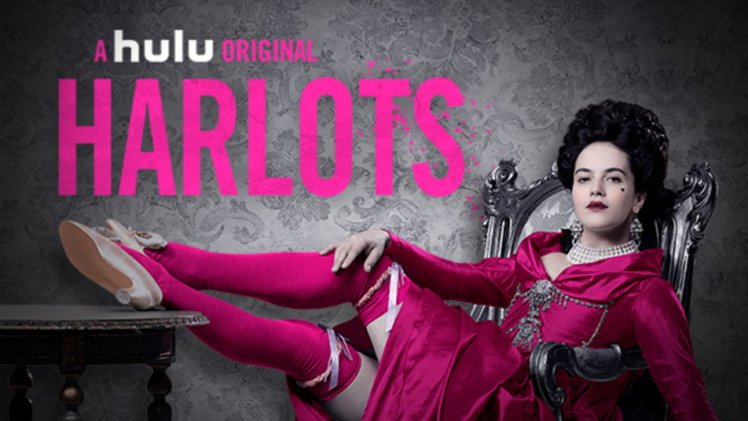
The use of pink to sell a piece of media to women is nothing new. The poster for the recent Big Little Lies features soft images of the lead ladies (Reese Witherspoon, Nicole Kidman, and Shailene Woodley respectively) with a muted blue background and pastel pink writing. Starz’ The White Princess, shares this issue. The poster features a thoroughly modern looking Elizabeth of York with bare arms, possibly naked. She grips a white rose in a bleeding fist and the whole thing is emblazoned with “Love To the Death” in garish, you guessed it, pink with the title in smaller white lettering. Is this commentary on marketing to women? Ask a thousand female authors who have had to make due with muted pastels as covers. Forever marking them as “women’s fiction”. So, these are women’s shows. I guess. A little pretty, a little light, a little salacious, a little “soap operaish”, but usually not only these things.
Based on Hallie Rubenhold’s The Ladies of Covent Garden, Harlots is the story of two rival brothels in 1763; one run by the formidable Margaret Wells (Samantha Morton) and the other by the refined Lydia Quigley (Lesley Manville) who share a complicated history. Charlotte Wells, the headstrong and willful daughter of Margaret is angling for a better life through her foppish lover Sir George Howard, despite her inability to bend entirely to his will, a predicament that soon entangles her virginal younger sister, Lucy (Eloise Smyth). Chief among the many subplots is veteran prostitute Emily Lacey (Holli Dempsey) who leaves Margaret Wells’ house for supposed better pastures with Lydia Quigley, though she soon realizes she’s bitten off more than she can chew.
This series reminds me of another series, though it takes place over a hundred years later. Maison Close is a French series that ran for two seasons between 2010 and 2013, about a Parisian brothel in 1871. Both series involve ingenues who are thrust into the life through chance or trickery, both involve conniving madams trying to get ahead in a man’s world, and most importantly; both series deal with the struggle for women to make a living in an age when their choices were limited.
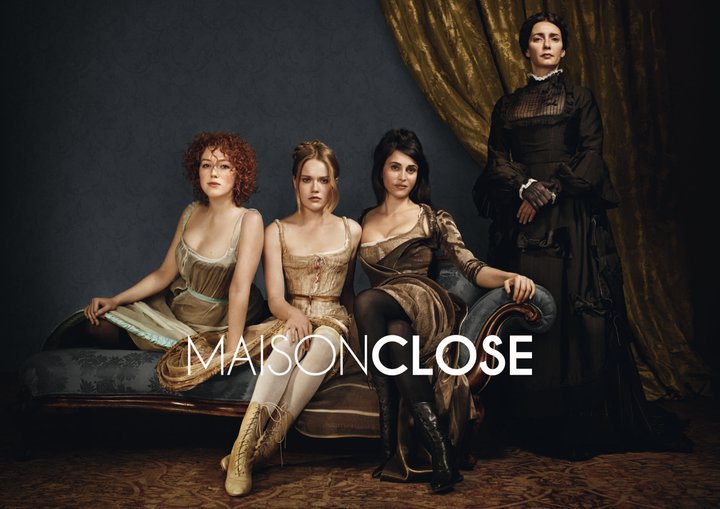
Harlots claims in it’s opening episode that one in five women during the Georgian period survived by selling sex. I am not sure where these statistics came from, but I have no difficulty believing them. In 2013 I had the privilege to attend a lecture given by Dr. Mary Weaver Chapin of the Portland Art Museum entitled Public Women: Actresses, Dancers, and Prostitutes in 19th Century Paris, a time period more closely related to Maison Close than Harlots. While the lecture focused on women depicted in the paintings of the like Degas and Toulouse-Lautrec the information that struck me was the sheer amount of women, laundresses, dancers, bar maids, who were gainfully employed but made such a pittance that they had to supplement their incomes with a bit of prostitution on the side.
Harlots is about women. It’s about poverty. It’s about the complications of love. It is about women getting by with what they have, and navigating the very few choices they are allowed. Their fates are limited, unsatisfying, dangerous, and often violent. But they are still strong characters, and strong women.
(Harlots is available on Hulu with a new episode every Wedneday. Maison Close is available on DVD or to purchase on YouTube.)
Advertisements Share this: